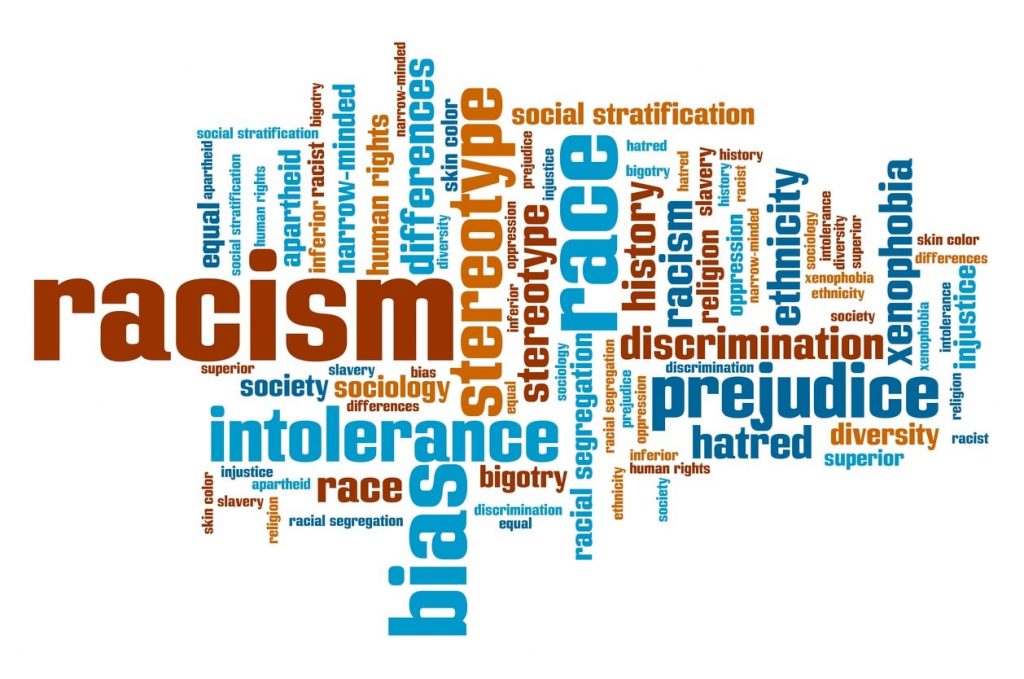 As more and more companies transition from hiring full-time employees to using independent contractors (aka gig workers), the yawning gap in employment discrimination protections for these workers is coming into focus. Companies and their people need to stay up to speed on these issues to ensure that all involved know about their rights and responsibilities under the law.
As more and more companies transition from hiring full-time employees to using independent contractors (aka gig workers), the yawning gap in employment discrimination protections for these workers is coming into focus. Companies and their people need to stay up to speed on these issues to ensure that all involved know about their rights and responsibilities under the law.
Many people are familiar with Title VII of the 1964 Civil Rights Act, the federal law that prohibits employment discrimination. The U.S. Department of Justice provides the following helpful summary of Title VII:
Title VII makes it unlawful to discriminate against someone on the basis of race, color, national origin, sex (including pregnancy and gender identity) or religion. The Act also makes it unlawful to retaliate against a person because the person complained about discrimination, filed a charge of discrimination, or participated in an employment discrimination investigation or lawsuit.
But what most people do not know is that Title VII covers only “employees,” not “independent contractors” and others working in the gig economy .
 The impact of this issue continues to grow as the number of gig workers in the economy steadily rises. For example, according to the Brookings Institution’s reporting, at least 15 million people in this country are primarily employed as a gig worker. This figure represents a 20% increase from 1995.
The impact of this issue continues to grow as the number of gig workers in the economy steadily rises. For example, according to the Brookings Institution’s reporting, at least 15 million people in this country are primarily employed as a gig worker. This figure represents a 20% increase from 1995.
One potential source of protection for gig workers is a law originally passed over 150 years ago in the aftermath of the Civil War: 42 U.S.C. 1981 (commonly referred to as Section 1981). Section 1981 states in relevant part:
All persons within the jurisdiction of the United States shall have the same right in every State and Territory to make and enforce contracts, to sue, be parties, give evidence, and to the full and equal benefit of all laws and proceedings for the security of persons and property as is enjoyed by white citizens, and shall be subject to like punishment, pains, penalties, taxes, licenses, and exactions of every kind, and to no other
Title VII and Section 1981 have many similarities and both are intended to prohibit employment discrimination. And courts often analyze cases brought under these two laws using the same legal principles. Significant differences exists, however, between Title VII and Section 1981, many of which will be important to gig workers. For example,
- Section 1981 may provide a legal remedy for discrimination suffered on the job even if the individual is not considered an “employee”
- However, the discrimination must relate to race or ethnicity to be covered by Section 1981’s protections against discrimination. So, for example, gender or disability discrimination is not covered by Section 1981.
- With Section 1981, it is not necessary to file a Charge of Discrimination with the EEOC before filing a lawsuit in court
- A longer statute of limitations may apply in a Section 1981 lawsuit versus Title VII
- Unlike Title VII, no cap on compensatory and punitive damages exists under Section 1981
In addition to Section 1981, gig workers may enjoy protection from employment discrimination through state or local anti-discrimination laws, which often provide broader coverage than Title VII. By way of example, the DC Human Rights Act defines an “employee” as:
any individual employed by or seeking employment from an employer; provided, that the term ’employee’ shall include an unpaid intern
And finally, whether the worker is properly classified as an “independent contractor”/gig worker versus an “employee” is another hotly contested litigation topic playing out in courts across the country. This important distinction between “independent contractor” and “employee” affects, among other things, whether the person must be paid minimum wage and overtime, as well as other issues like worker’s compensation.
How state and local governments, not to mention Congress and the courts, help to fill this void in legal protections bears close watching.
Hiring an experienced employment discrimination lawyer
Hiring a proven and effective advocate is critical to obtaining the maximum recovery in an employment discrimination case. Bachman Law has substantial experience litigating precedent-setting individual and class action discrimination cases. Contact us today to find out how we can help you. To schedule a preliminary consultation, click here or call us at (202) 769-1681.
